Coinciding with the commemoration, on September 7, of the International Clean Air Day, the regional office for Europe of the World Health Organization (WHO) indicated in an official note that “air pollution is probably a contributing factor to the health burden caused by Covid-19 ”. This regional entity of the WHO included in its warning the word “probably” but the number of studies that abound in this relationship between contamination and severity of Covid-19 cases is increasing and more emphatic.

The journal Science Advances offers new data on this regard and, based on the records analyzed in more than 3,000 cities in the United States, concludes that in cities with dirty air, people who gets coronavirus have a risk of death of up to 11% higher than the average. Experts have long known that air pollution make worse the flu and other lung diseases, so it is not surprising that exposure to air polluted by PM2.5 increases the risk of death from Covid-19.
At the end of 2017, the European Environment Agency (EEA) and the European Commission launched a new European Air Quality Index (AQI), which allows users to check its quality in the more than 2,000 measuring stations distributed all over Europe. This index, which provides up-to-date information on air quality in the 33 EEA member countries, includes national profiles as local public administrations have to adapt their measures to consider factors such as demographics, transport infrastructure, etc. These measurements monitor air quality standards and control the levels of ozone (O3), nitrogen dioxide (NO2), carbon dioxide (CO2), sulfur dioxide (SO2) and all the pollution generated by particles (PM2.5 and PM10) that can pose serious health risks.
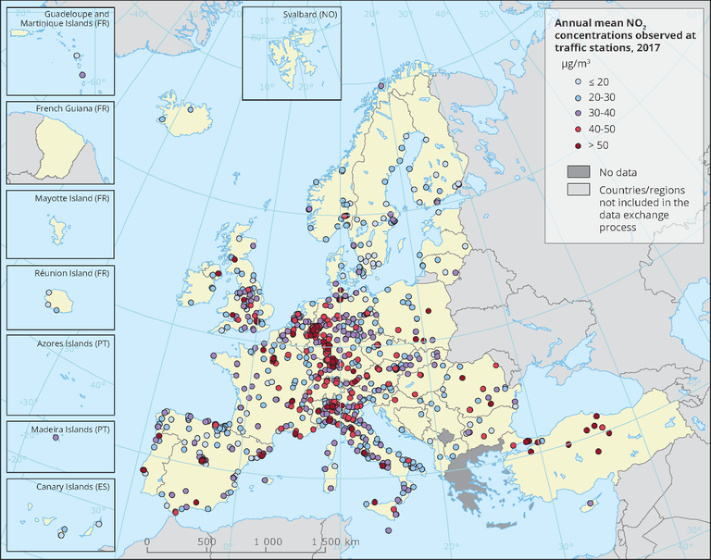
Annual mean NO2 concentration at traffic stations, AEMA 2017
The continuous monitoring of air pollution, as indicated in this article, provides information to administrations, companies and individuals on air quality, allowing the analysis of compliance with standards and the adoption of measures aimed at minimizing the damaging effects of pollution, which become especially visible when analyzing the number of medical consultations or lost work hours.
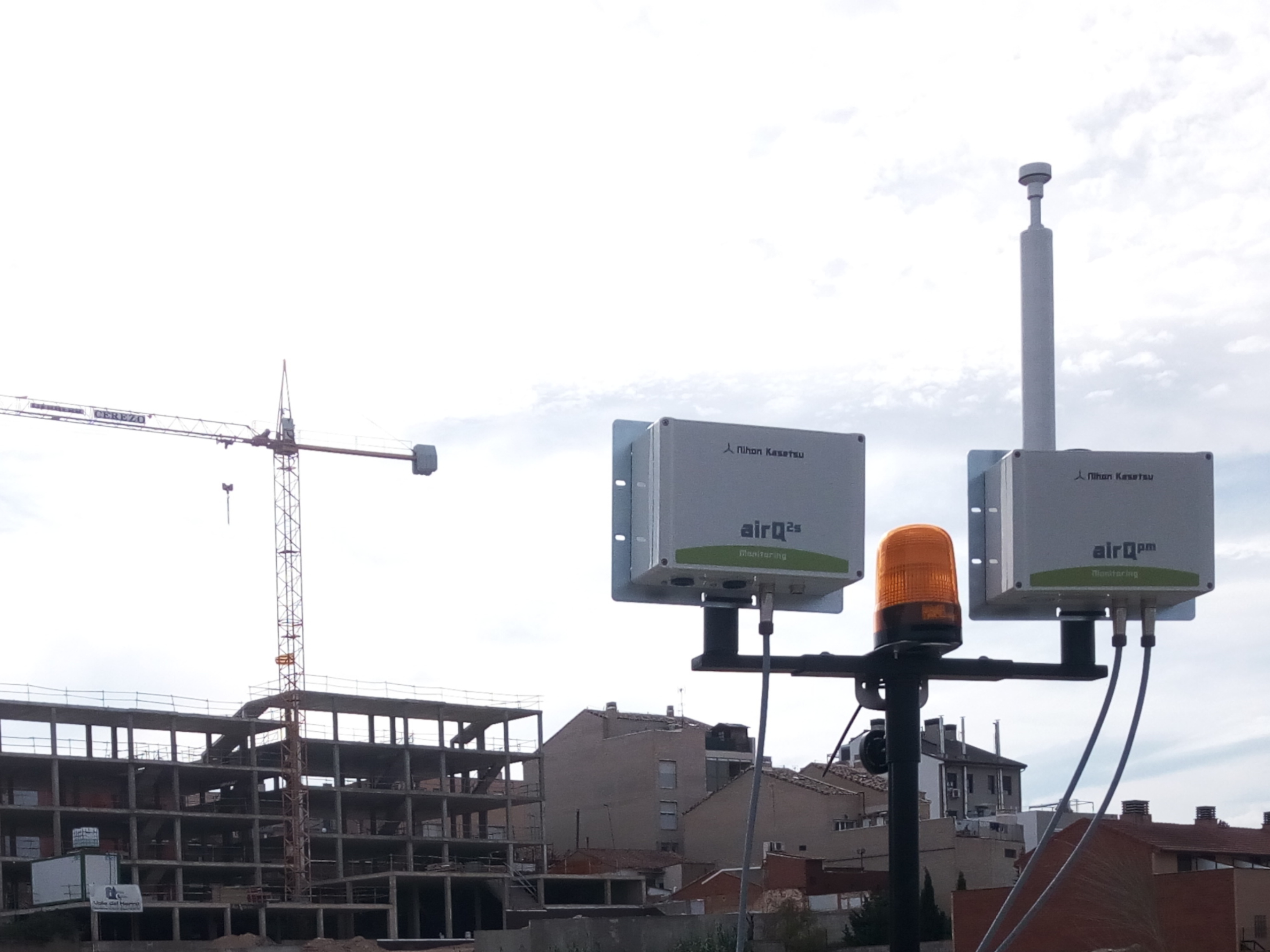
In short, the measurement of pollution represents a fundamental aspect to improve air quality. Because, as Lord Kelvin, also known as William Thomson stated: “If you cannot measure it, you cannot improve it”.
At NIHON KASETSU, we have extensive experience in air quality monitoring, and our technology allows us to measure gas and particle concentrations accurately and reliably in real time. Our sensors and Monitoring Systems are validated by the Ministry of Industry and Environment of Japan, and contrasted with European reference stations.

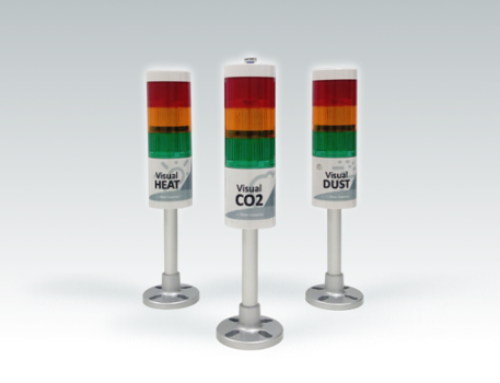
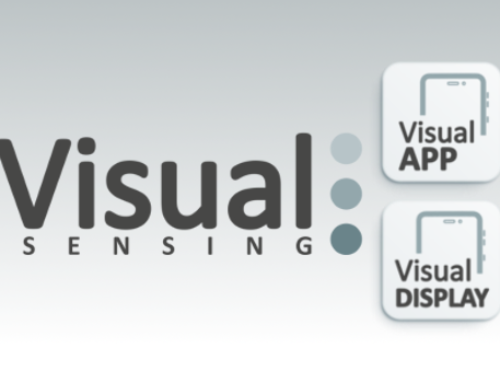
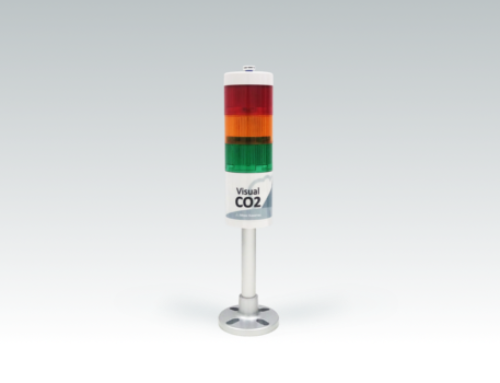

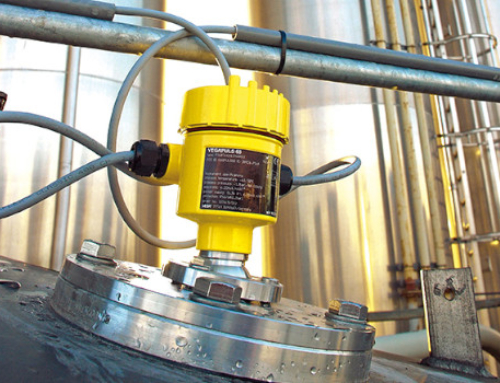

It was a fascinating read! A significant concentration of air pollution in a geographical place can cause a range of health issues. Monitoring air quality can aid in determining the causes of the problem and devising strategies to mitigate its effects.